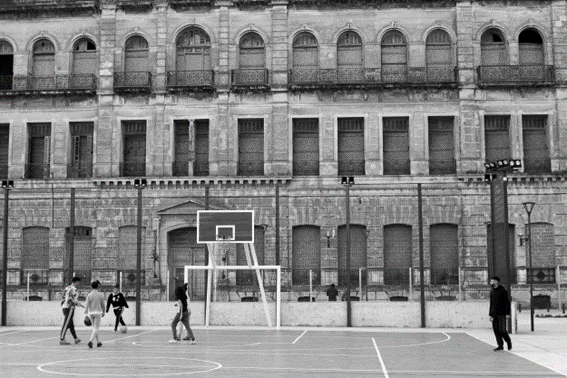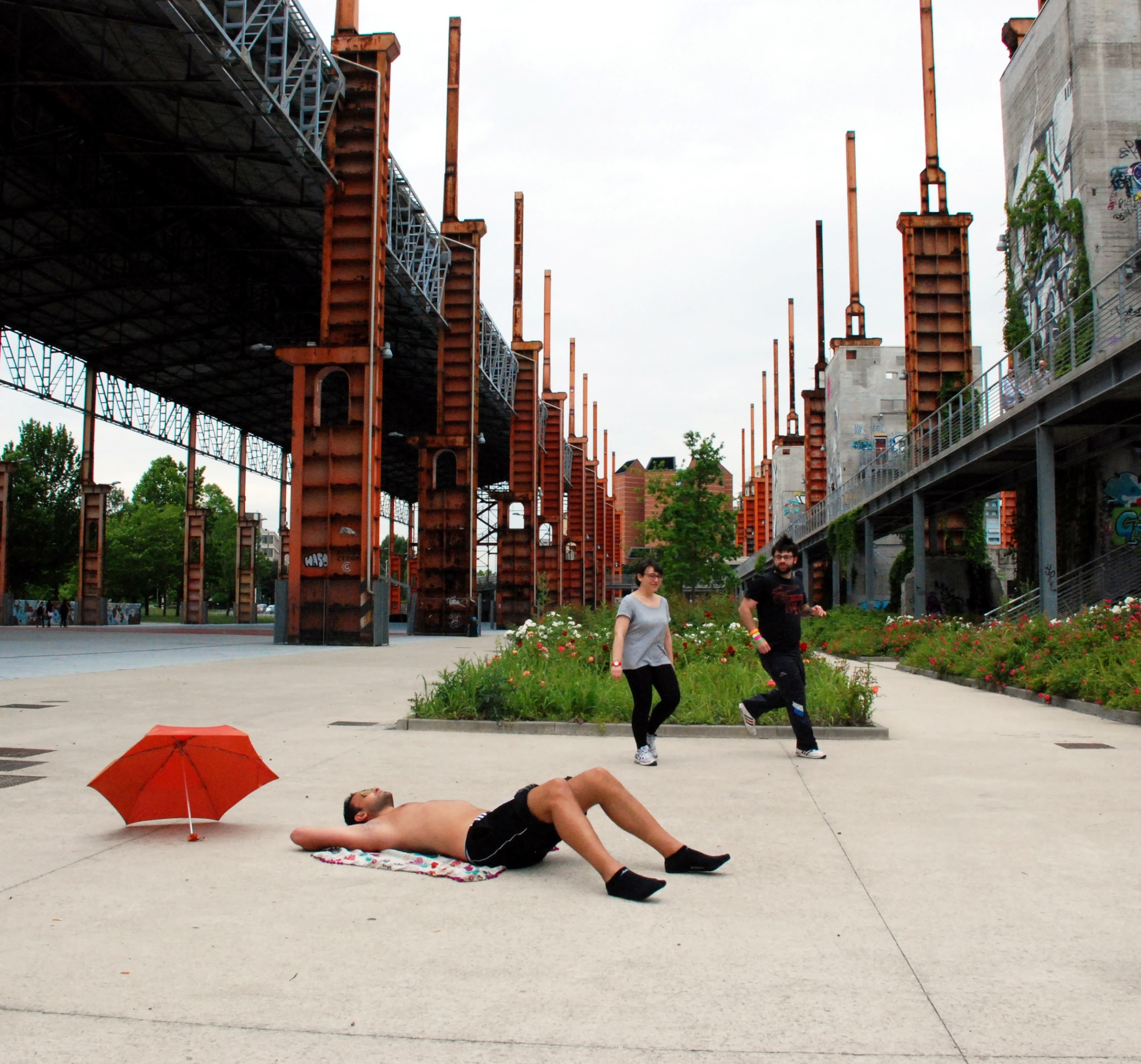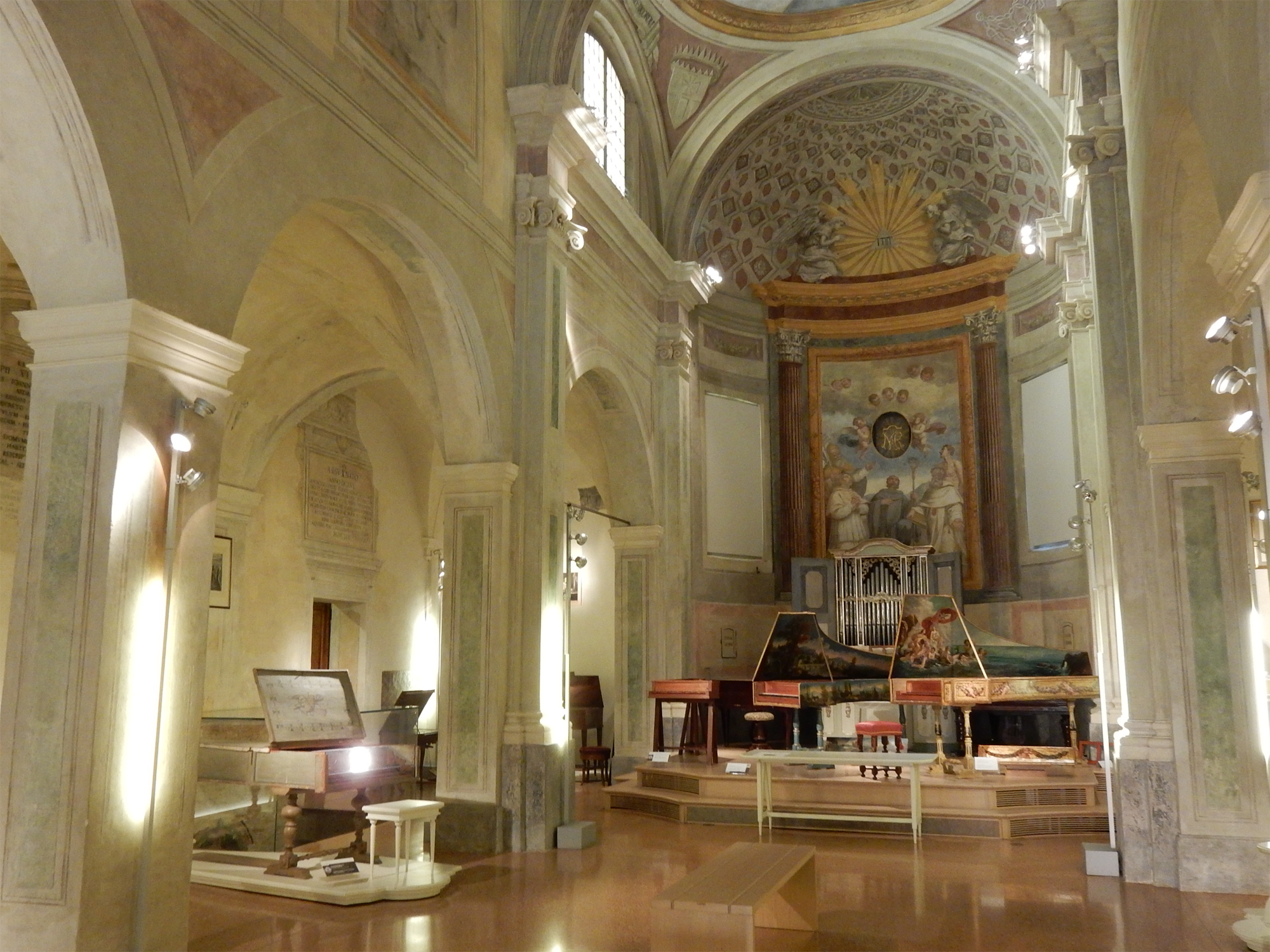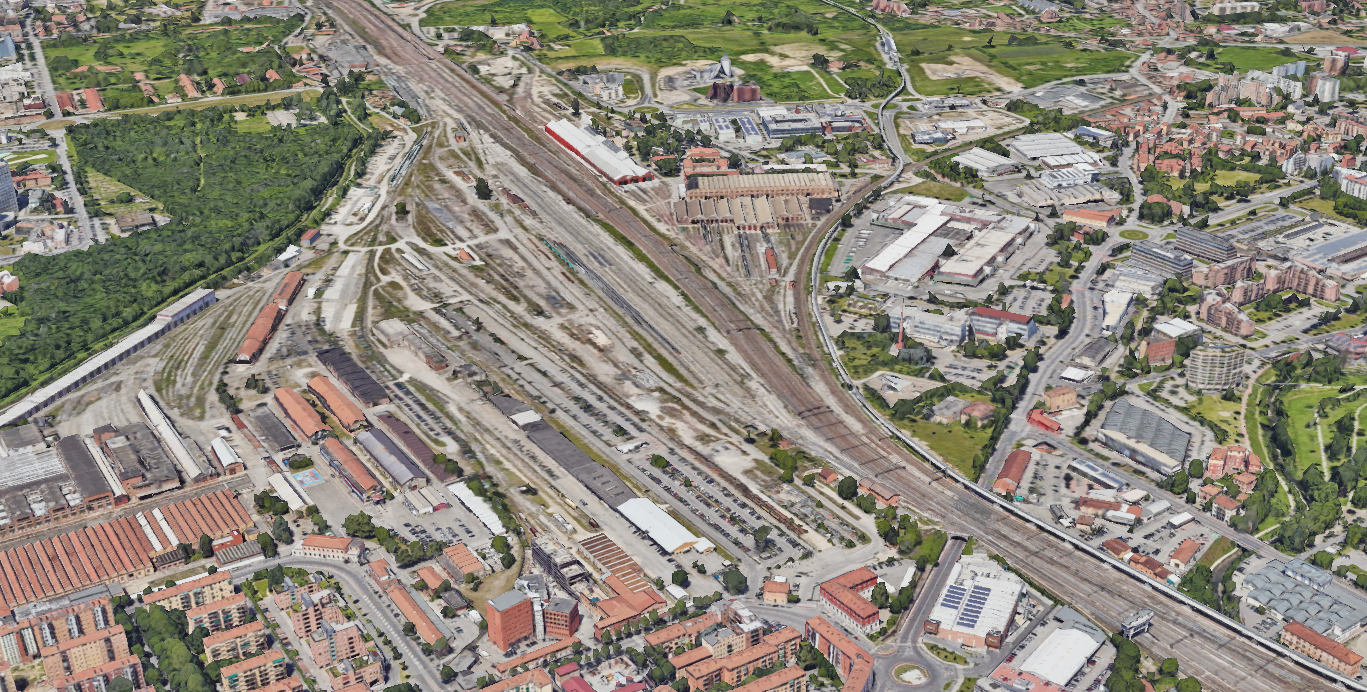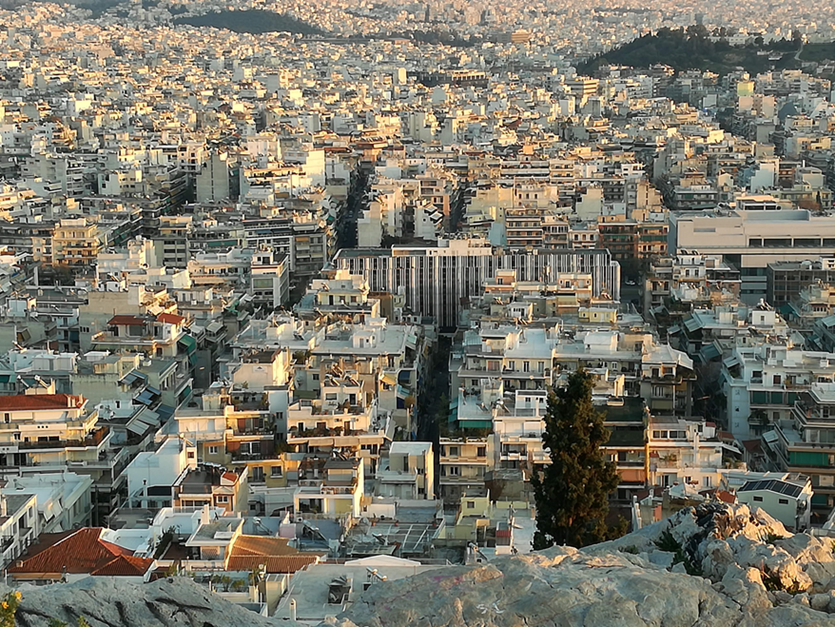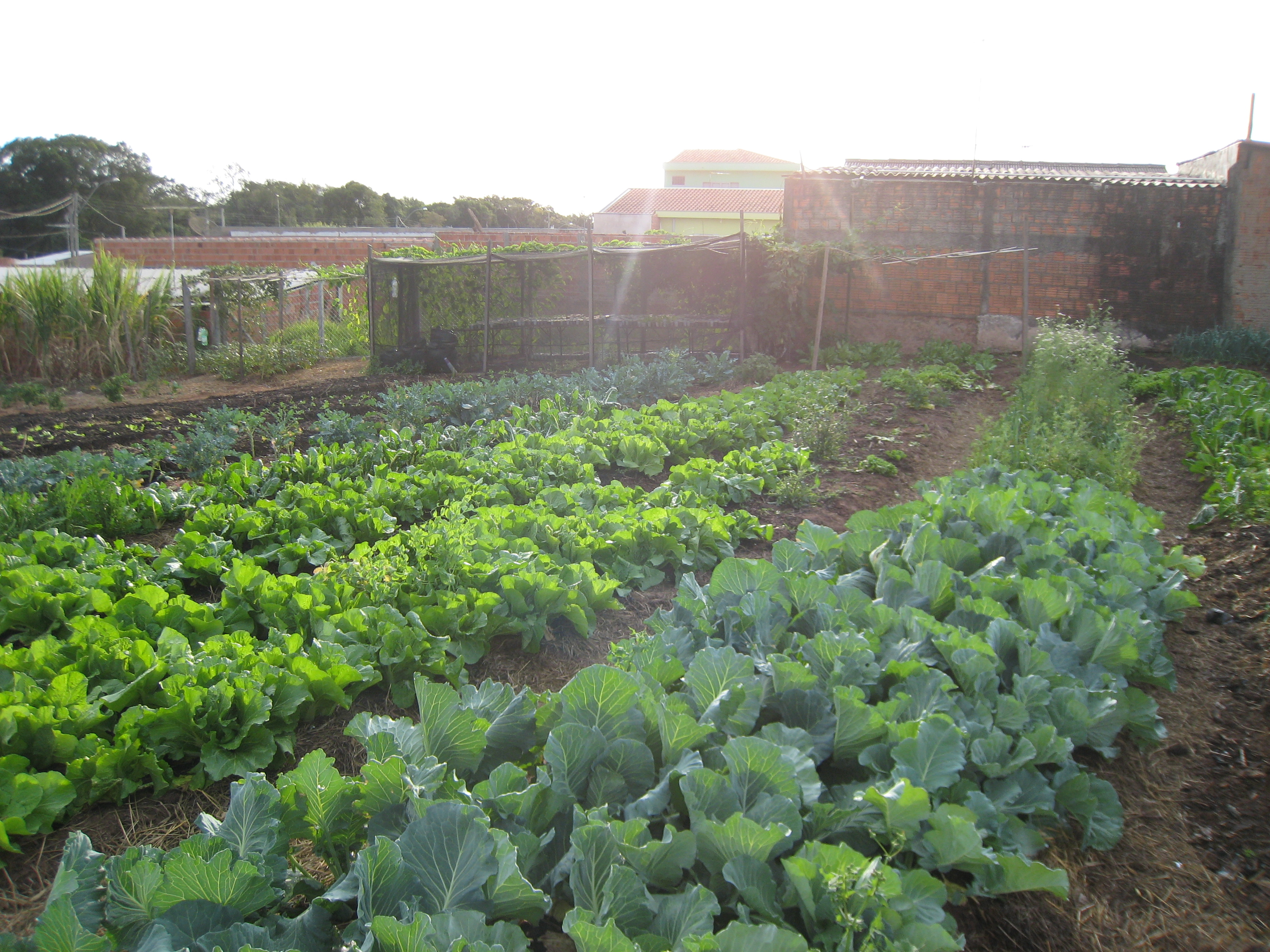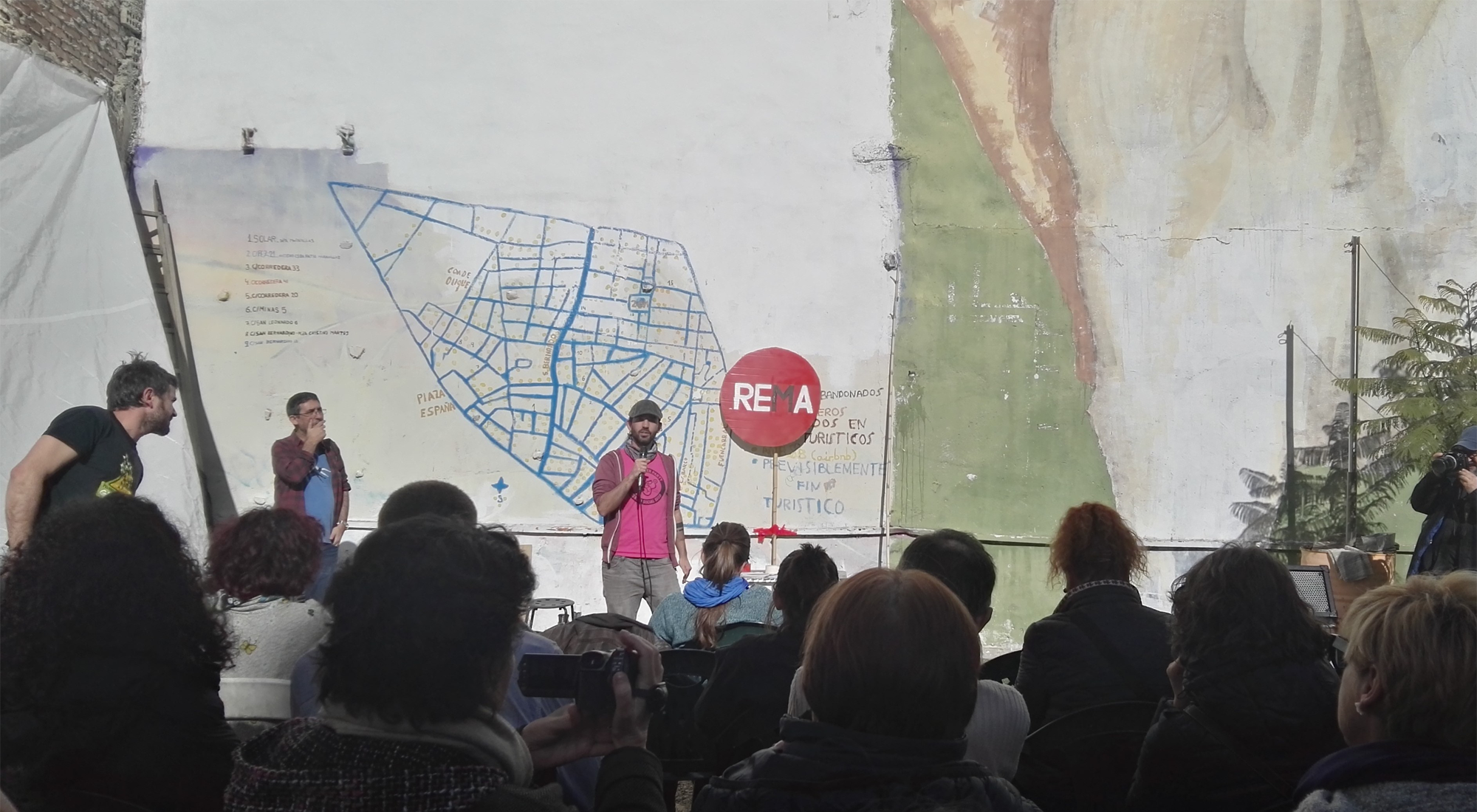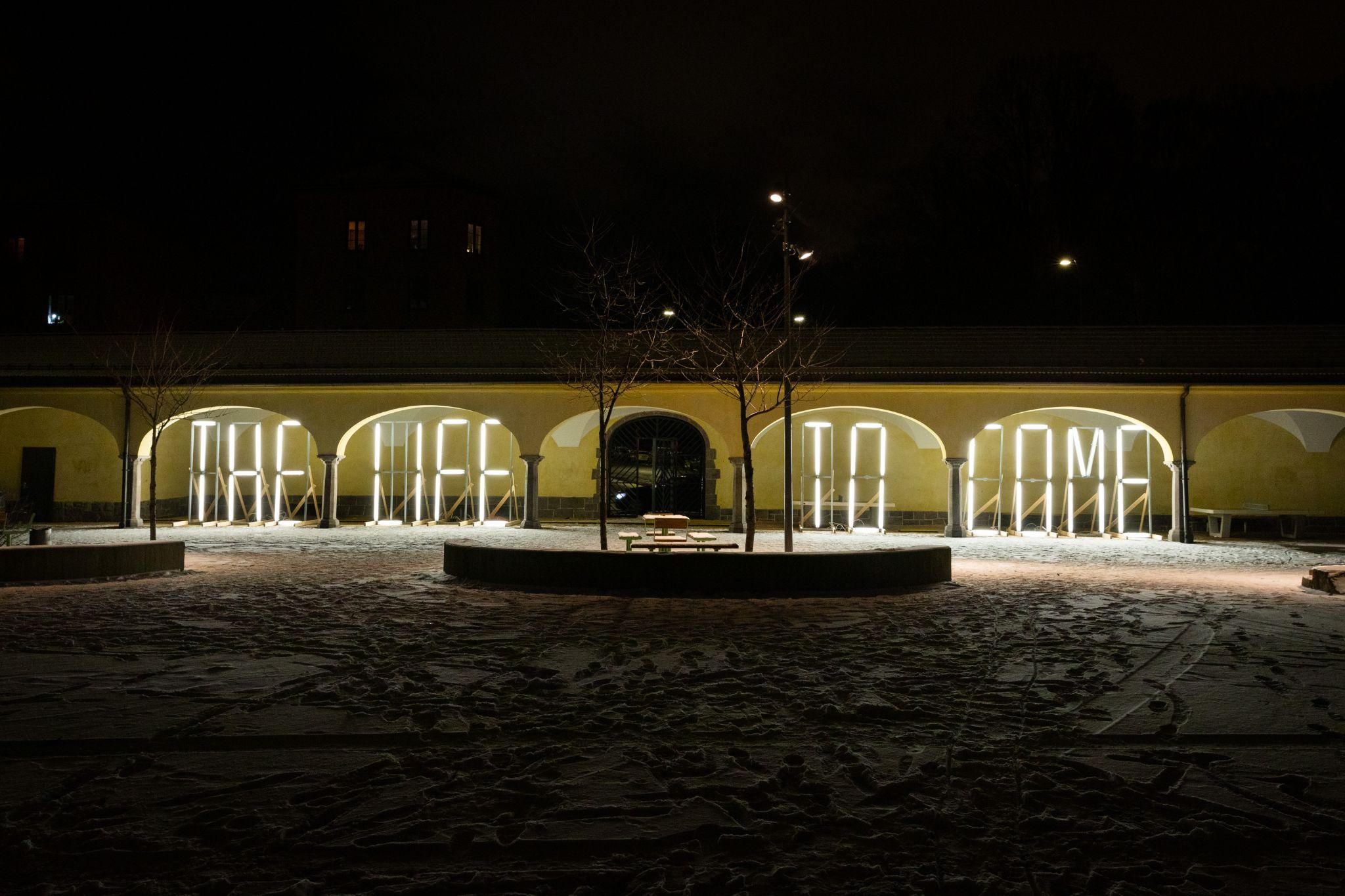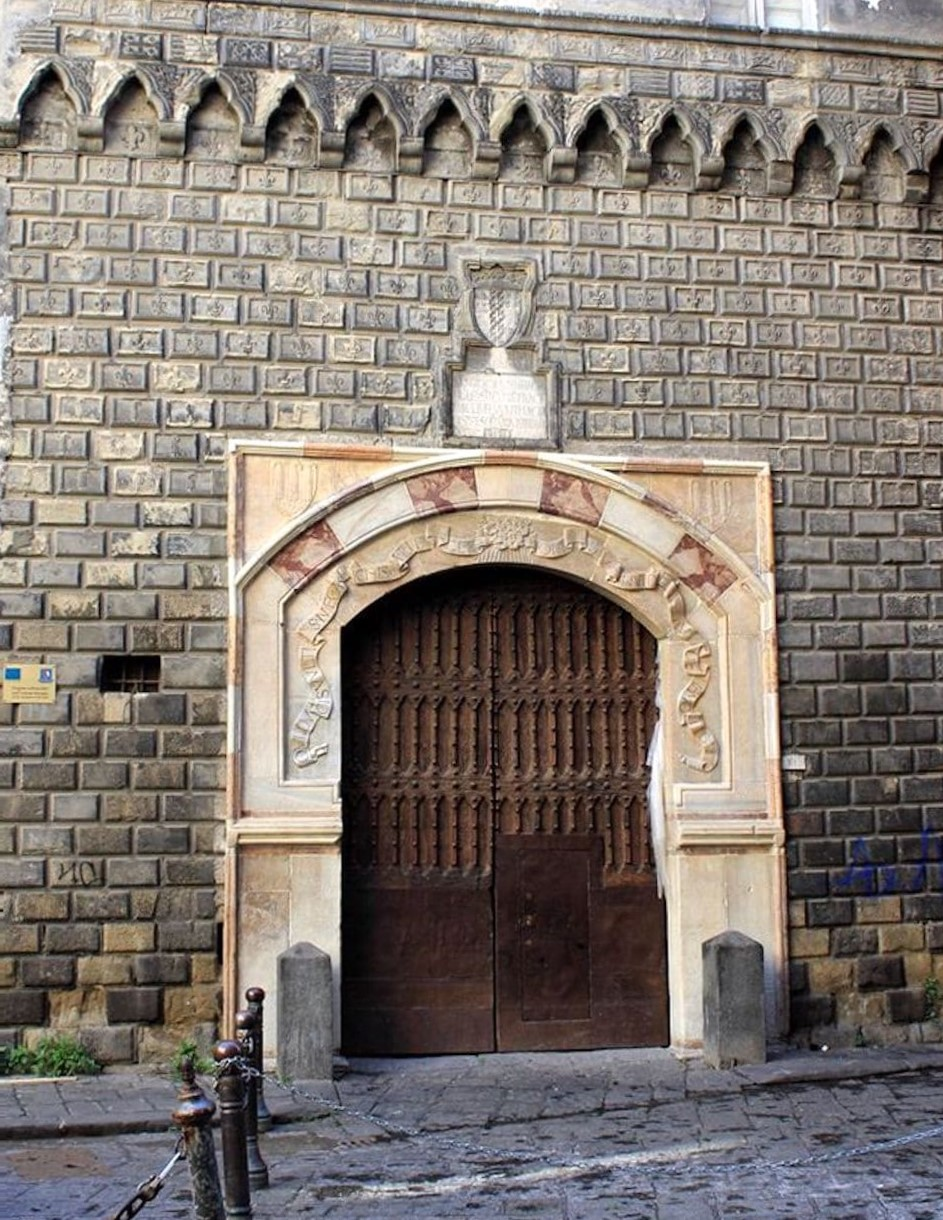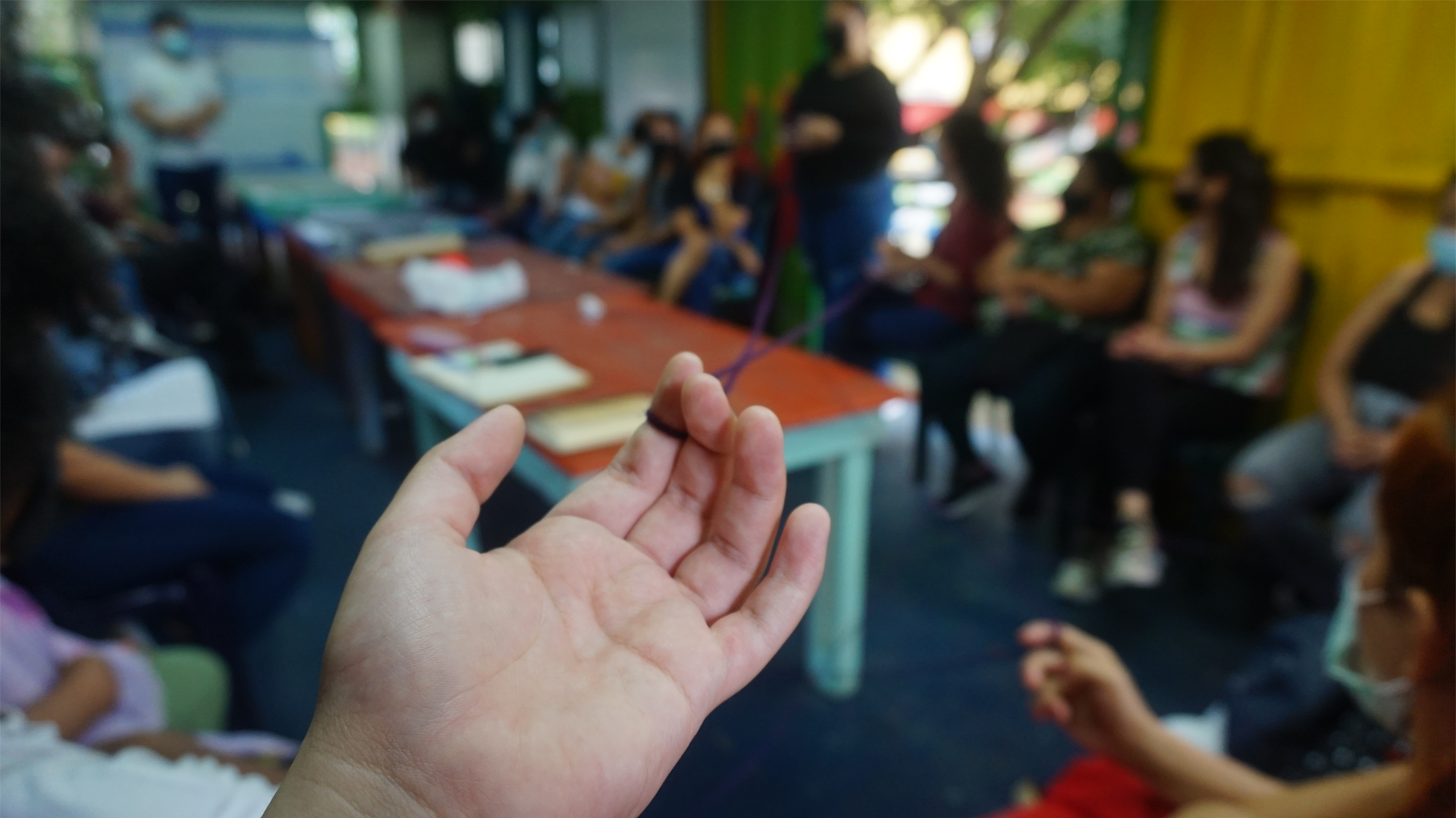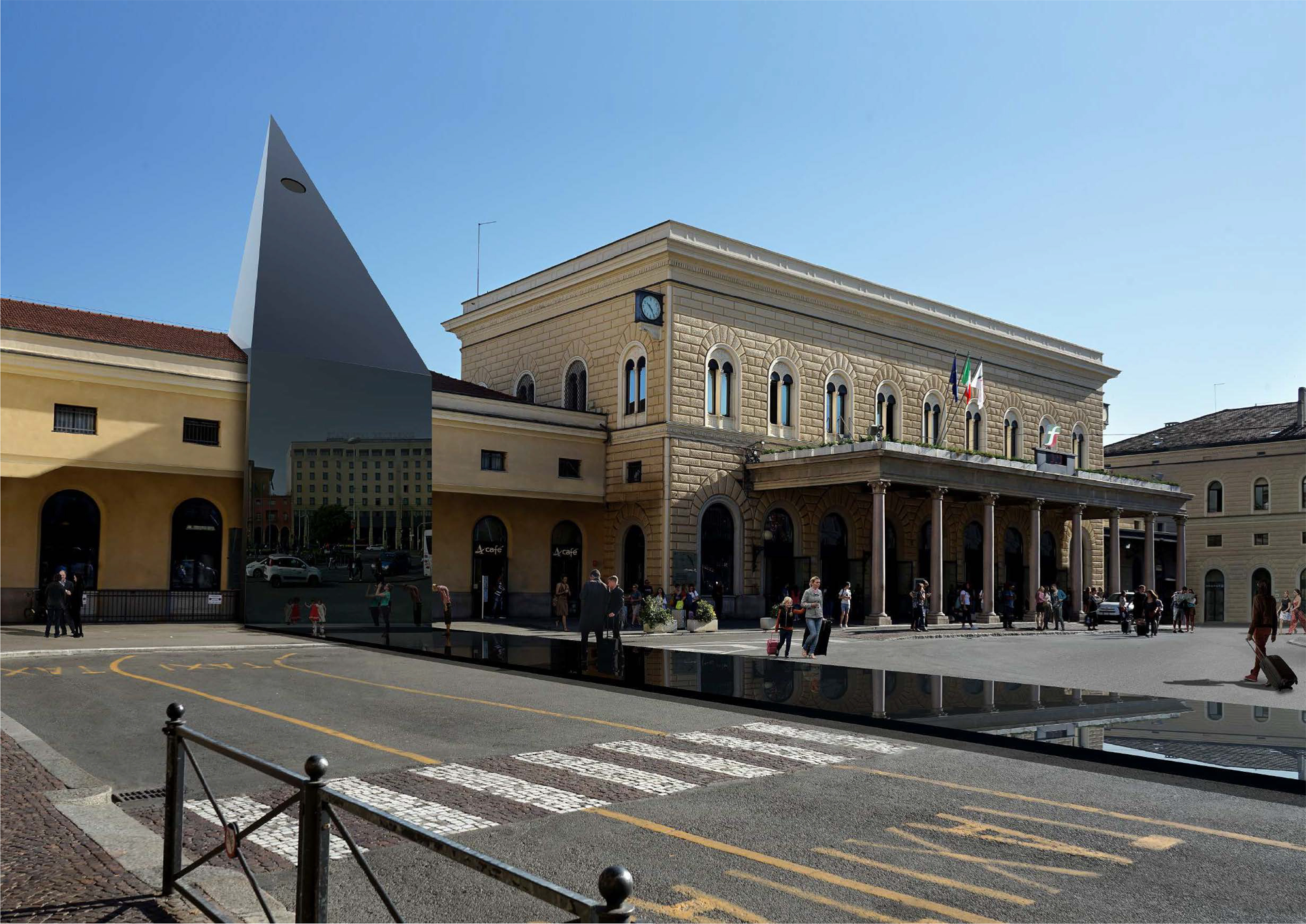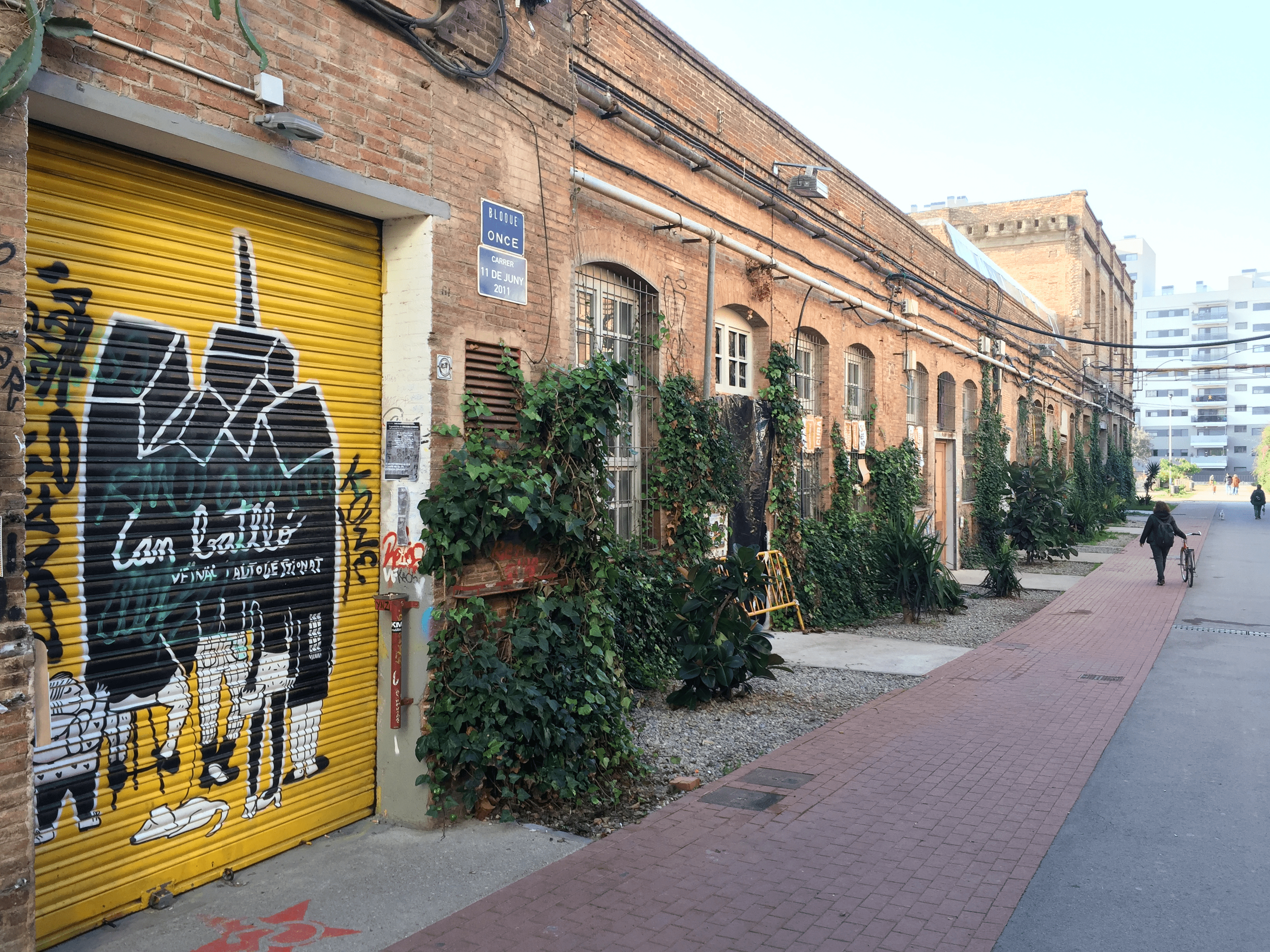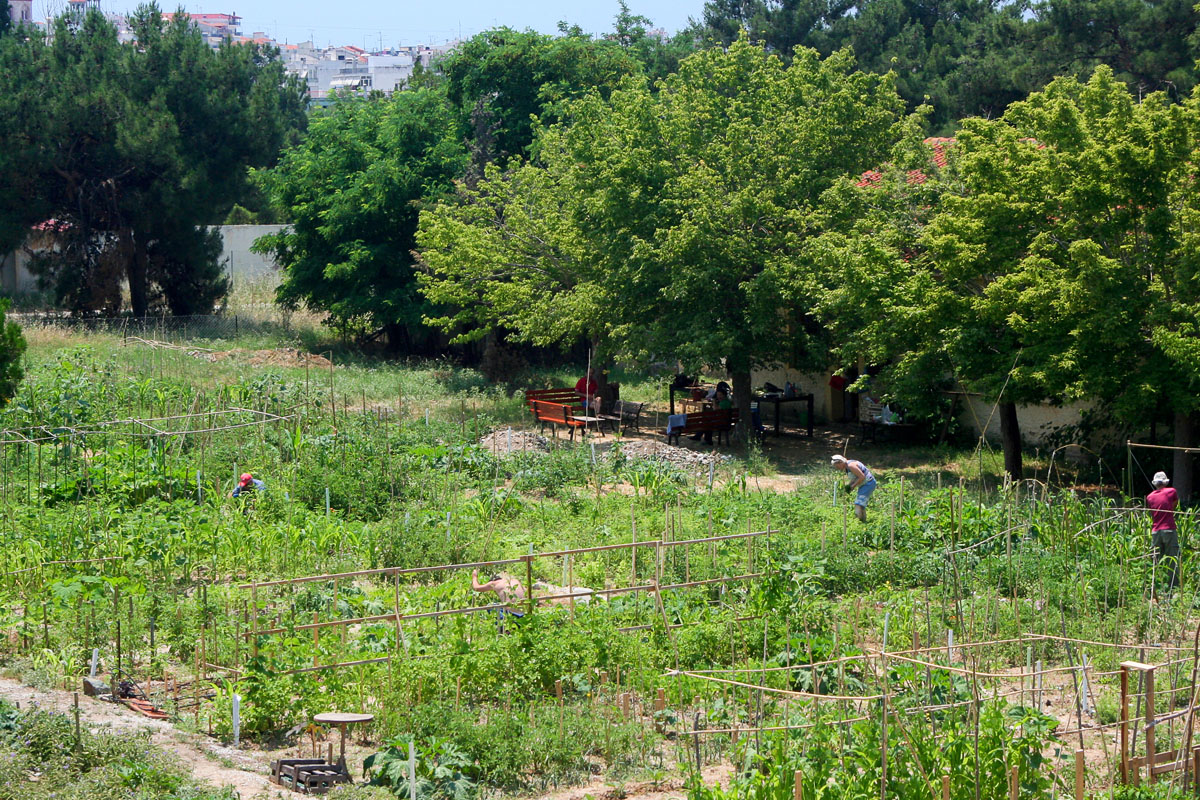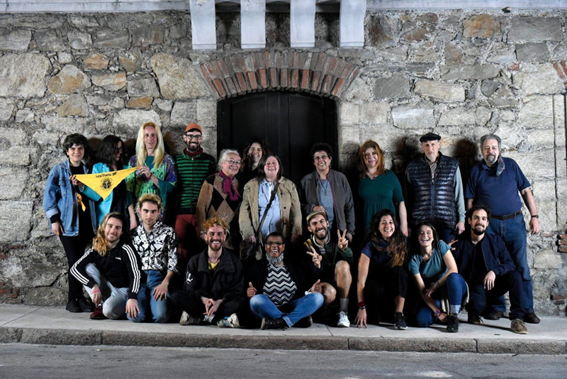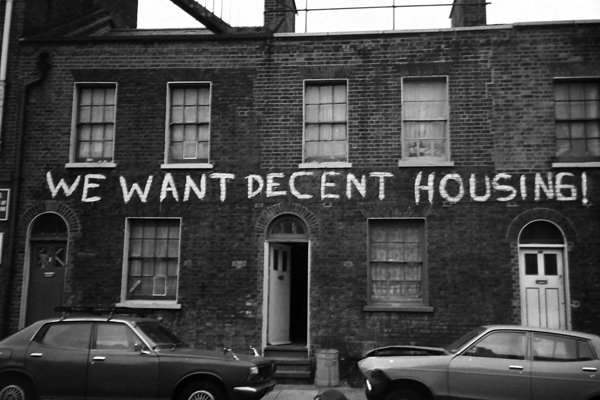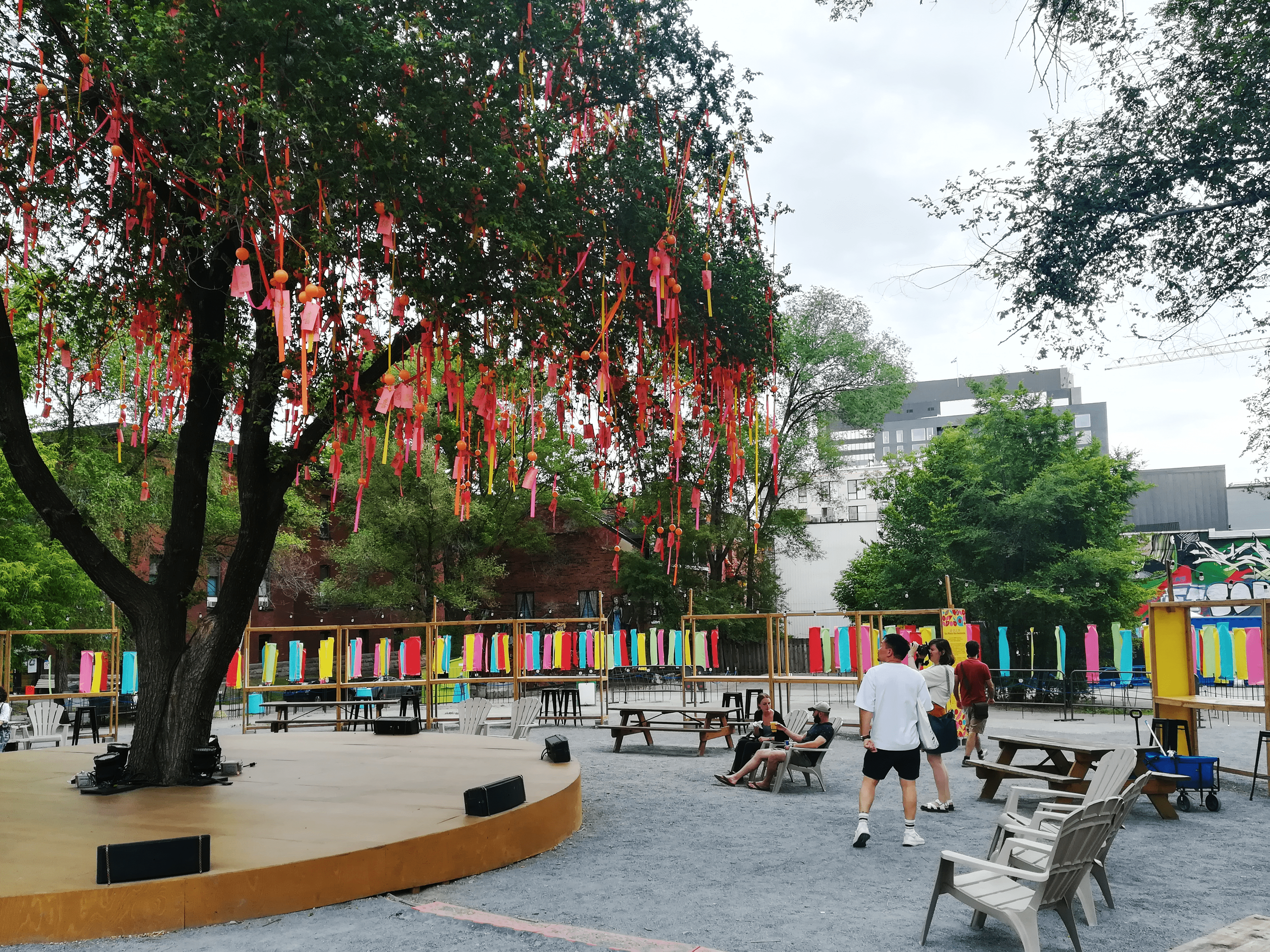As a part of the Horizon 2020 gE.CO Living Lab project, on October 2020, the University of Turin launched a multidisciplinary call for papers on the main aspects and implications of the urban commons phenomenon in Europe.
gE.CO Living Lab is a project that aims to promote and support formal groups or informal communities of citizens who manage fab-labs, hubs, incubators, co-creation spaces and social centres that are created in regenerated urban voids. These innovative practices are considered generative commons because they are based on sharing and collaboration between citizens and establish new partnerships between public institutions and local communities. They set forth new models of governance of these urban spaces based on care, solidarity, inclusion, participation, and economic and environmental sustainability.

These practices bear several implications: Which legal institutions can a community rely on to implement a generative commons? Which tools should be used to ensure citizens’ participation and inclusion? Which models of governance best promote the principles at the cornerstone of the theory of the commons? How do urban commons question the institutions of public and private property? What concepts of urban regeneration and inclusion do these practices bring about? What is the impact of this phenomenon on our cities?
The call was open to scholars and researchers of all fields, and candidates were asked to submit an abstract on one or more sensitive topics related to one or more issues specific to urban commons, such as:
- Urban commons and the law: practical and theoretical issues.
- Governance of urban commons: models, problems, perspectives, best practices.
- The social and economic impact of urban commons: urban regeneration, anti-gentrification strategies, inclusion of minorities and measurement of social impact.
- Temporary uses and urban commons.
- Technology and urban commons: digital tools for the promotion and management of urban commons, failures and successes.
The call for papers resulted in a great success, and more than sixty abstracts were submitted for selection.
Selected contributions were then presented at the International Conference of Urban Commons, which took place at the University of Turin on the 21st and 22nd of June 2021. During the conference, more than fifty scholars coming from different fields (urbanism, architecture, political science, law, computer studies, economics and sociology) and countries have discussed, throughout twenty-eight presentations, the main aspects of urban commons in Europe. The discussion was organized around three sections, ideally mimicking the process of commoning, namely that process in which a group of people demands the careful, direct and participatory management of a given asset, emphasizing its importance for the satisfaction of the rights of the community or for its social cohesion. The three sections—I) From Urban Voids to Generative Commons, II) Engagement and Impact, III) Infrastructures of Urban Commons—were then concluded by a round table, dedicated to some of the more interesting experiences of urban commons currently in place on the international level. This special issue follows the same structure. At the end of the conference, contributors were asked to submit a paper for publication: a selection of these papers is collected in this special issue.
The first part of the special issue (From Urban Voids to Generative Commons) explores the techniques that local communities and public administrations can rely on to initiate a process of urban commoning as well as experiences that turned urban voids into generative commons.
The section is opened by the work of Chiara Lucchini (“Vacant Property and the City”). Discussing the role of urban commons in addressing the challenges posed by abandoned and underutilized urban spaces, Lucchini emphasizes the need to redefine public property strategies, focusing on generative and usage values rather than exchange value. Under this lens, tools to assess vacant properties on a city scale are scrutinized.
Davide Dimodugno brings the debate into the specific realm of churches and ecclesiastical properties. Indeed, the abandonment of religious spaces is a relevant phenomenon in many European countries, and it has not sufficiently been explored so far. Dimodugno, by coupling private and canon law, shows how the theory of the commons can shed a light on important legal tools that may promote the direct involvement of citizens in the re-use strategies of ecclesiastical properties, fostering the cultural, social, and economic development of cities and villages.
Nicola Marzot, Dimitra Gkioka and Maria Xanthopoulou focus on the specific tool of temporary uses, one of the pivotal strategies applied in Europe to promote the use of vacant spaces in a sustainable and participatory way. If Nicola Marzot’s paper, “When the Project Is Writing the Rules”, explores, also through a case-study, the transformative potential of temporary uses in urban planning, challenging the dominance of conventional planning approaches, in “Active Ground Floors”, Dimitra Gkioka and Maria Xanthopoulou narrate the experience of Thessaloniki, where temporary uses were relied on as a strategy to revive abandoned ground floors, thus counteracting urban decay.
The section dedicated to Engagement and Impact is opened by Paschalis Arvanitidis and Foteini Nasioka. In their work “Political Ideology, Community Openness and the Commons”, the authors explore the challenge of defining community boundaries within urban commons initiatives as well as the impact of political ideology on these boundaries. Using case studies of urban community gardens in Athens, Greece, the paper investigates how adherence to specific political ideologies can affect community coherence and resource management.
The section then proceeds with Juan Arana’s article, “Together we Make the Neighbourhood”. In this paper, the author highlights the crucial role of self-managed community spaces in responding to social crises, such as the COVID-19 pandemic. Arana proposes a theoretical model of critical placemaking to understand grassroots practices and their impact on neighbourhood resilience, emphasizing the importance of community, space, and political project.
This theoretical approach is taken up by Anna Louise Bradley, Clara J. Reich, and Adam Curtis, and applied to a specific case study analysis. In “A Youthful Urban Commons”, the case of Hersleb High School in Grønland, Oslo, is presented. Such a case saw high school students play a central role in co-creating public spaces able to foster a sense of belonging and community. Within this framework, the authors examine the concept of placemaking in the context of urban commons, emphasizing the need for inclusive and participatory approaches in the creation of public spaces.
Veronica Pecile’s paper, “Between the ‘Southern Question’ and the ‘Urban Question’”, closes the section. In this work, the author explores the intertwining of touristification and the commons in Southern Italian cities, focusing on Naples as a case study. Pecile examines the conflicts and negotiations between urban commons movements and the urban economy in post-2008 crisis contexts, shedding a light on new spaces for urban renegotiation. Under this perspective, Pecile highlights risks and challenges of the tools of urban regeneration strategies.
The third section is dedicated to the legal and technological infrastructures enabling the implementation of urban commons.
Under this perspective, Tommaso Fia’s article, “Governance of Urban Data Commons”, addresses the governance of urban data commons in a smart city context. Fia discusses the need to consider both data use and value redistribution, proposing mechanisms for remunerating municipalities for the positive externalities generated by smart city vendors.
Danai Toursoglou-Papalexandridou’s article, “Dialogues of Digital Commons and Equitable Resilience”, explores the rise of commons-based initiatives during the COVID-19 pandemic and their impact on community resilience. The research proposes an equitable perspective on resilience measurements by analyzing bottom-up initiatives and including underrepresented groups.
The legal tools for urban commoning are discussed by Simone Gheduzzi (“Legal Tools for Urban Regeneration”). The author examines an array of legal institutions that can facilitate urban regeneration through commons-based approaches, such as the Common Good Foundation, trusts, and SPAB (Società per Azioni Buone).
The legal analysis of urban commons proceeds with the presentation of two case-studies where innovative legal tools played a significant role in the implementation of urban commons. Jorge Mosquera Suárez’s article, “The Social Value of Can Batlló”, examines the co-management of self-managed community spaces in Barcelona, particularly the Can Batlló neighbours association, while Sokratis Seitanidis and Giorgos Gritzas’ work, “The Impact of Urban Commons in Official Planning Practice”, explores a community-initiated urban gardening project in Thessaloniki, where an innovative partnership between urban commons and local authorities in the planning process was put in place.
Here, Adriana Goñi Mazzitelli’s article, “Affective Urbanism”, discusses the urban transformation of Montevideo, Uruguay, driven by gentrification and informal land occupations, and the countervailing social movements striving for the right to the city. Her analysis focuses on the 2019 Reactor Ciudad Vieja initiative, which repurposes vacant central buildings into urban commons through collaborative processes, emphasizing the results of innovative, participatory methods in achieving material and immaterial quality improvements and equitable redistribution of responsibilities in civic space management.
Zacharias Valiantzas and Paschalis Arvanitidis’ paper, “Housing Commons”, introduces the concept of housing commons within the framework of the right to the city and urban commoning. The authors analyze various initiatives worldwide and emphasize the principles of self-organization, de-commodification, social support, and solidarity as fundamental to housing commons.
Alice Covatta’s work, “Design Strategies from Industrial Regeneration towards Community Health”, examines Montreal’s transformation from an industry-driven city to a knowledge-based economy and its use of transitional urbanism. The research explores the dynamics of ephemeral ecosystems and their impact on community health, providing guidelines for comparative studies with European post-industrial cities.
This special issue collectively offers a comprehensive exploration of urban commons, spanning diverse topics and geographies, and underscores their potential to reshape urban landscapes and enhance community well-being. It invites readers to delve into the intricacies of urban commons and consider their transformative role in contemporary urban development.
Summary
I) From Urban Voids to Generative Commons
Abandoned Spaces
Chiara Lucchini, “Vacant Property and the City: Triggering Urban Potentials”
Temporary Uses
II) Engagement and Impact
Participation and Community Governance
Fotini Nasioka; Paschalis Arvanitidis, “Political Ideology, Community Openness and the Commons”
The Challenges and the Risks of Urban Regeneration
III) Infrastructures of Urban Commons
Technology and Digital Tools
Danai Toursoglou-Papalexandridou, “Dialogues of Digital Commons and Equitable Resilience”
Urban Commons and the Law
Simone Gheduzzi, “Legal Tools for Urban Regeneration”
